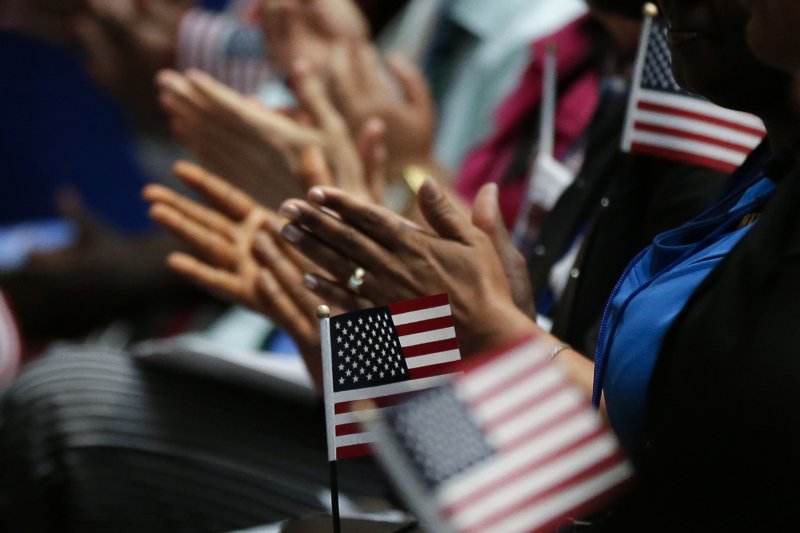June 21 (UPI) -- One day after the Trump administration asked the U.S. Supreme Court to rule on its proposal to add a citizenship question to the 2020 Census, justices did not immediately issue a decision Friday on the divisive case.
The question is being pushed by the administration, it says, to better enforce the Voting Rights Act. Critics believe the move is designed to identify undocumented migrants in the United States, who traditionally vote Democratic, and will lead to a highly inaccurate count.















